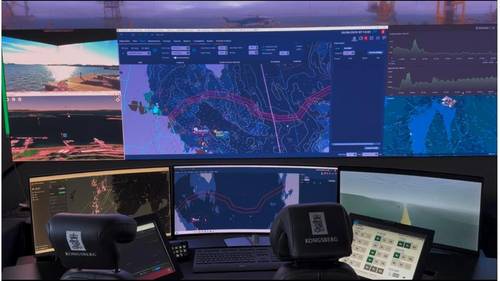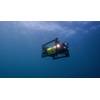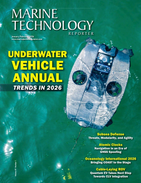Kongsberg Discovery Welcomes Joint Declaration of Baltic Sea Security for Critical Infrastructure

Kongsberg Discovery's Oslofjord Test Bed - integrating subsea autonomy, land-based and satellite sensor surveillance, traffic monitoring, real-time advanced analytics and decision support into one scalable system. © Kongsberg Discovery
The 2022 sabotage of gas pipelines in the Baltic Sea marked a turning point: maritime infrastructure is no longer seen as a passive utility, but as a strategic asset at risk of disruption. The Joint Baltic Declaration on Security in the Baltic Sea was signed on November 20 by the Norwegian State Secretary Marte Gerhardsen, in the presence of the Polish Deputy Prime Minister, Minister of Defense, Władysław Kosiniak-Kamysz.
According to an official statement by the Norwegian State Secretary, Marte Gerhardsen, the declaration marks an important step towards closer cooperation and strengthened preparedness in the region. In addition, on the same day, Kongsberg Defence and Aerospace became part of The Green Industrial District – Kashubia Project in Poland, agreeing with local authorities to establish operations related to the project.
The declaration aims to:
- Strengthen military cooperation between the countries in the region to improve defense preparedness
- Improve interoperability and conduct joint exercises and mobilization capacity
- Ensure common democratic values, rule of law and human rights in the face of security threats
- Increase stability and security in the Baltic Sea region, especially in view of geopolitical tensions and threats from Russia
- Promote regional cooperation and contribute to stronger European security
Critical maritime infrastructure covers a wide and complex landscape. Below the surface, this includes subsea oil/gas wellheads and risers, gas pipelines, fibre-optic communications cables, high-voltage power lines and renewables installations. Above the surface, it extends to floating production units, platforms, ports and other coastal facilities. Each element serves a vital function in energy security, economic continuity and national resilience, and each requires tailored, domain-specific monitoring.














 February 2026
February 2026



